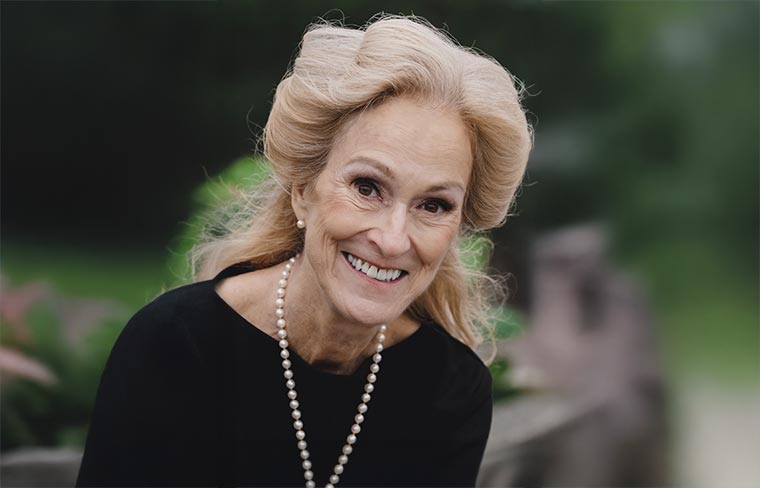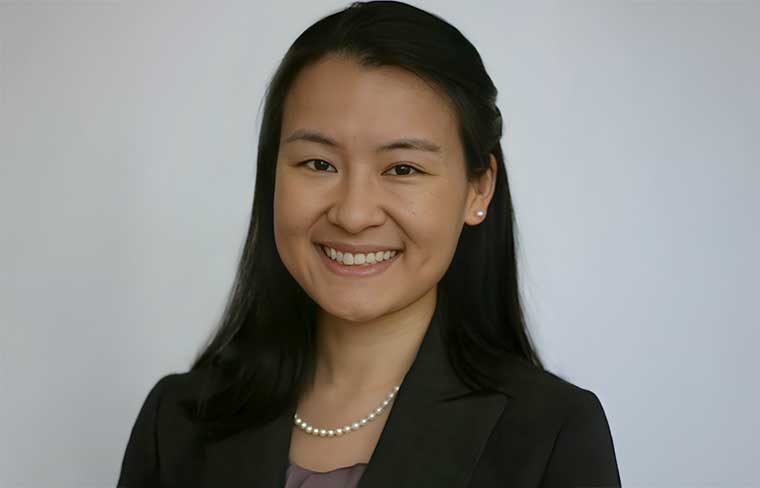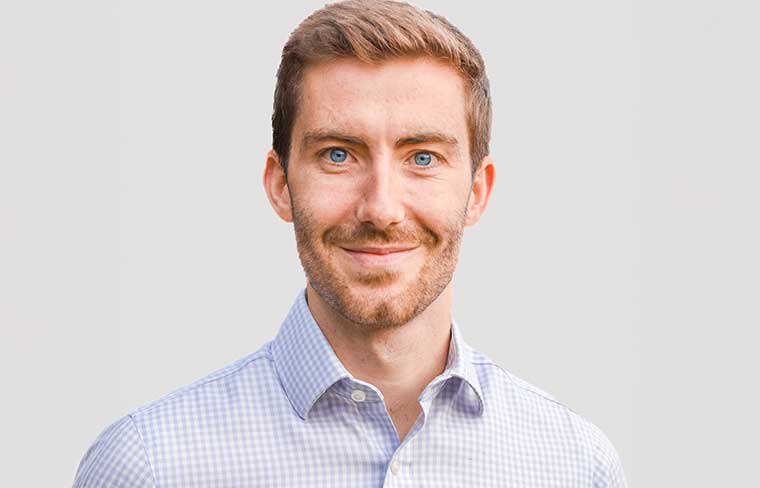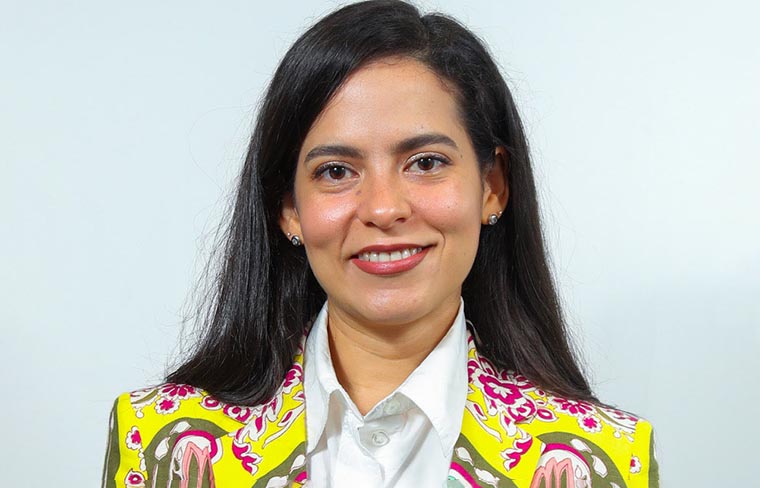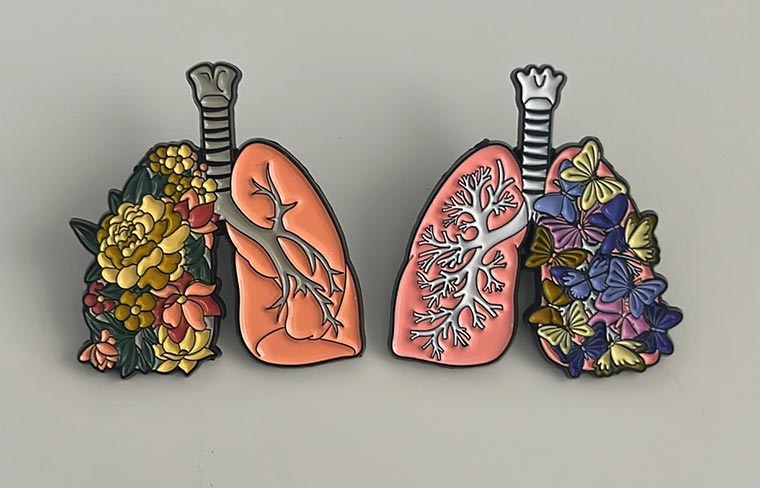-
Interim NADIM ADJUVANT Data Suggest Adjuvant Chemo-IO May Reduce Recurrence Risk in Patients Following Complete Resection
-
Final FLAURA2 OS Data Show Osimertinib Plus Chemo Offers Benefit Compared with Monotherapy
-
Potential Impact of GLP1-RAs on TKI-induced Weight Gain in Patients with NSCLC
-
No “Known” Risk Factors: The Health Consequences of Radiation Therapy
-
Discussion Covered Updates, Strategies, and Controversies in Lung Cancer Staging
-
No PFS, OS Benefit Seen in Final Results from PACIFIC-2
-
WCLC Attendees Hear Preview of Proposed Changes for the 9th Edition of the TNM Staging Classification for Thoracic Cancers
-
Treatment of Immunotherapy-Related Dermatologic Toxicities: An Interview with Dr. Mario Lacouture
-
A Holistic Approach to Patient Care
Early Detection & Screening
-
National Report Shows Rising Lung Cancer Survival Rates but Gaps in Early Detection
The ALA’s 2025 State of Lung Cancer report highlights survival gains while revealing persistent disparities in diagnosis, treatment, and access to biomarker testing.
-
Lung Cancer is Treatable When Found Early. So Why Don’t We Screen Everyone?
Advocate and survivor Jan Pezarro details how investing in a universal age-based lung cancer screening model can save both lives and health care costs.
-
Challenging the Smoking Status Quo: Making the Case for Non-Anatomical Factors to Refine Lung Cancer Staging
Using the IASLC 9th Edition Staging Database, Dr. Lawson Eng and colleagues evaluated the association between smoking status at diagnosis and OS.
-
New Data Warrant Broader Lung Cancer Screening Guidelines
Dr. Elaine Shum said the FANSS trial data confirm the feasibility of expanding screening to high-risk individuals with no smoking history.
-
Survival Benefit Found in Screening Surgically Fit Patients Up to Age 80
Findings from Dr. Patrick Goodley suggest that older patients who can undergo surgery may achieve survival benefits similar to younger patients.
-
Smoking Cessation in Lung Cancer Screening: The Latest Randomized Controlled Trial Evidence
The SCALE trials aim to uncover key elements of successful smoking cessation programs by evaluating various intervention combinations.
-
Where There’s Smoke: The Global Threat of Lung Cancer in Patients with No Smoking History and its Implications in Screening
Dr. Lucia Viola says that access to genomic profiling is crucial for gathering information about patients who do not smoke.
-
Breaking the Silence: The #HearHer Campaign for Women with Lung Cancer
Narjust Florez, MD, and Angela Morabito, BS, launched the #HearHer campaign to raise awareness about the increasing incidence of lung cancer among women and the frequent delays in diagnosis.
-
Strength in Numbers: Researchers and Advocacy Groups Unite to Decode the Impact of Genetics on Lung Cancer Risk
A new genetics study aims to collect data from 10,000 participants diagnosed with lung cancer to improve future outcomes and enhance research.
-
Data Shows Screening Programs Can Shift Stage Distribution at Diagnosis
Dr. Mike Gieske said since implementing a multidisciplinary screening approach, his healthcare system has seen a 19% decrease in late-stage lung cancers, and they now see more early-stage than late-stage lung cancers.








